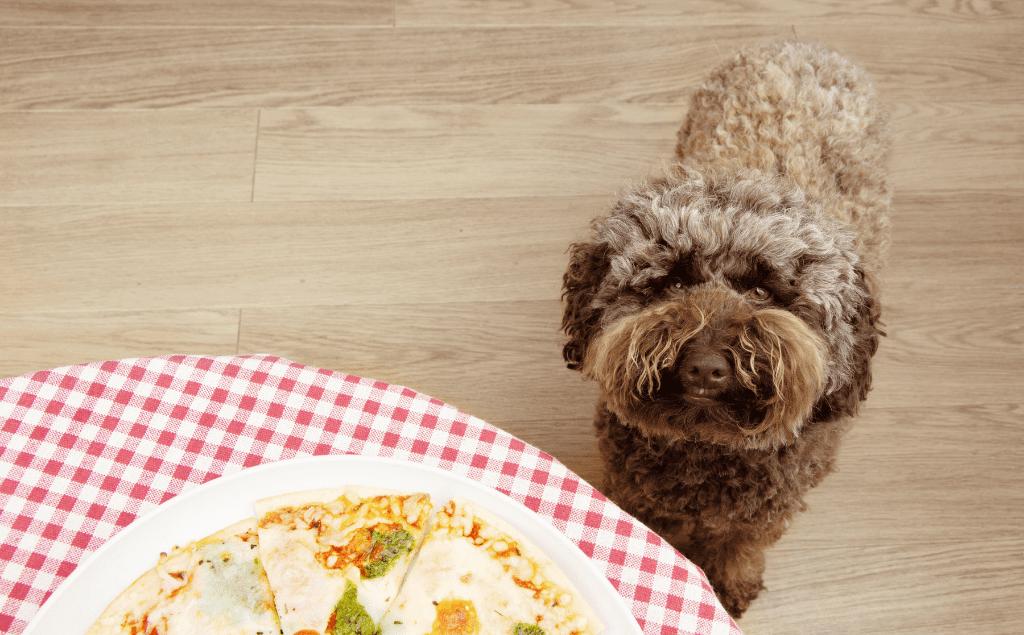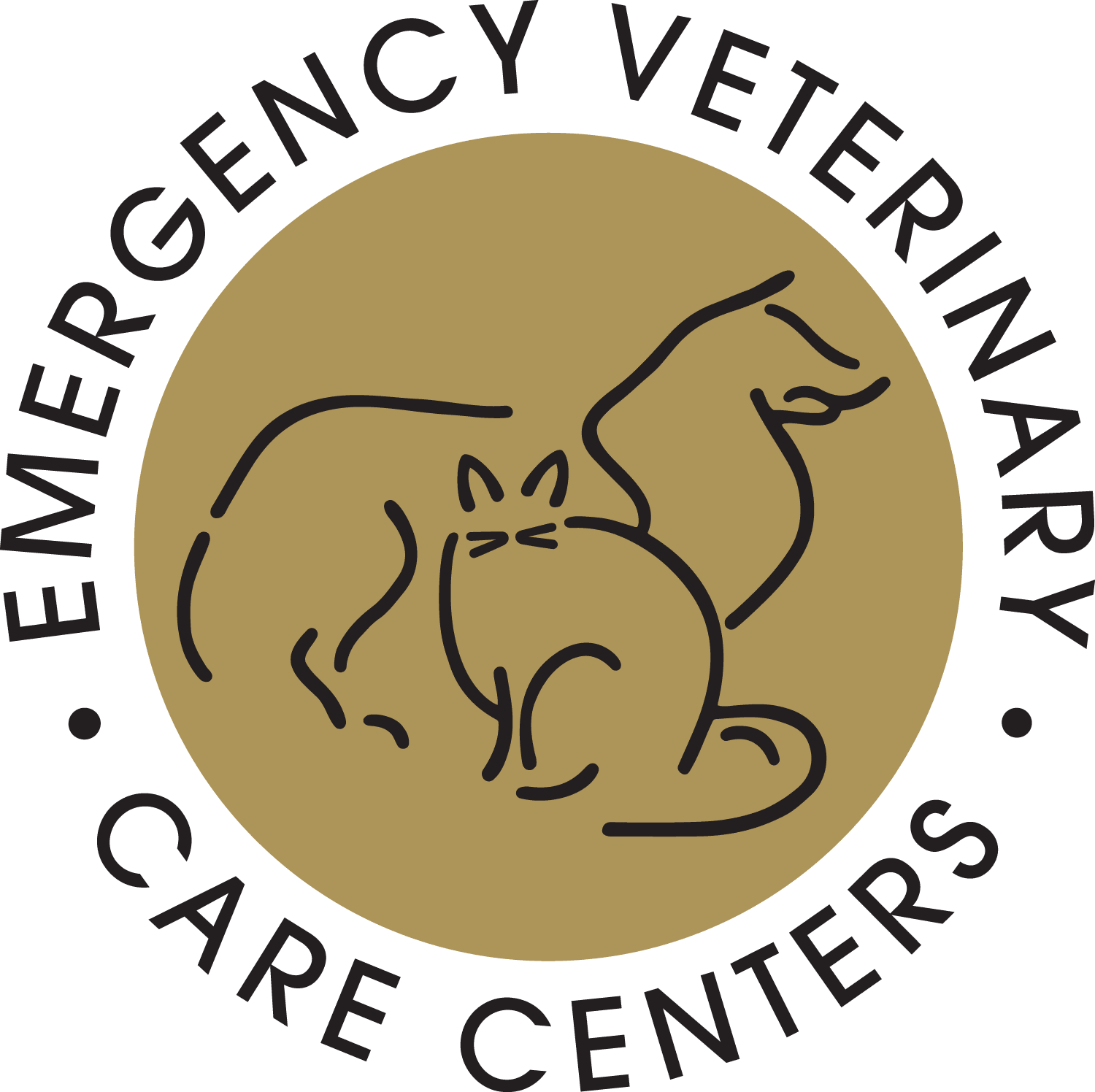
10 Human Foods Your Dog Can—and Can’t—Eat
We’ve all been there—that moment when your dog gives you those irresistible puppy-dog eyes, begging for a bite of your meal. But not all human food is created equal when it comes to your dog’s health. Do you know which foods are safe for them to enjoy and which ones pose serious risks?
This guide breaks it all down for you, starting with the best human foods for dogs, moving on to foods to enjoy in moderation, and ending with what to avoid altogether. Armed with this information, you’ll feel more confident the next time your dog begs for a treat.
Foods Your Dog Can Safely Eat
The following foods are safe for your dog and also provide health benefits when served in appropriate portions.
1. Carrots
Crunchy, flavorful, and nutritious, carrots are great for dogs. They’re rich in beta-carotene (a source of Vitamin A) and help improve your dog’s dental health by reducing plaque buildup. Feed pieces appropriate for the size of your dog to avoid choking.
2. Blueberries
Blueberries are a superfood for dogs. Packed with antioxidants and fiber, they help boost your pup's immune system and can even reduce the risk of age-related conditions.
3. Salmon
A delicious source of omega-3 fatty acids, salmon supports healthy skin, a shiny coat, and overall joint health. Just make sure it’s cooked unseasoned to avoid any adverse effects.
4. Unsalted Peanut Butter
Most dogs adore peanut butter. It’s a great source of protein and healthy fats. Stick to unsalted, unflavored varieties and avoid any peanut butter containing xylitol, which is toxic to dogs.
5. Eggs
Rich in protein and essential amino acids, cooked eggs are a simple and nutrient-packed snack for your dog. Avoid feeding them raw eggs to steer clear of potential salmonella risks.
6. Seedless Watermelon
Watermelon is hydrating and loaded with vitamins like A and C. Just ensure you remove the rind, as this can be a choking hazard or cause blockages in your dog’s intestines.
7. Shrimp
Cooked, tail-off shrimp is another safe seafood option for dogs. It’s rich in protein and antioxidants. However, just like salmon, make sure to skip the seasoning and only offer it occasionally.
8. Apples
Apples are full of vitamins and make for a healthy snack, but feed in small pieces as we have actually seen apple pieces get lodged in the esophagus.
9. Green Beans
Both raw and cooked green beans can be a healthy and low-calorie treat packed with vitamins, minerals and fiber. Just make sure they are unseasoned and plain without salt, garlic, butter or onions.
10. Sweet Potatoes and Canned Pumpkin
Both sweet potatoes and canned, plain pumpkin provide an excellent source of minerals and dietary fiber, which helps the digestive tract function more effectively.
While the above foods are non-toxic to dogs, please always watch for any signs of adverse reactions in your dog.*
Foods Your Dog Can Eat with Caution
These foods are non-toxic and safe in small amounts, but shouldn’t be a regular indulgence:
1. Cheese
While dogs enjoy cheese, it can cause gastrointestinal upset due to many dogs' lactose intolerance. Don’t feed more than an occasional bite or two and opt for low-fat, low-lactose varieties like mozzarella.
2. Cooked Potatoes
Plain, cooked potatoes can be okay for dogs but avoid fried or seasoned versions. These are higher in fats and oils that can upset their stomachs.
3. Popcorn
While plain, air-popped popcorn can be a fun, crunchy treat for your dog, it can become a choking hazard quickly without supervision. Additionally, avoid adding butter, salt, or sugar to it.
4. Bread
Small bite sized pieces of plain bread are generally safe for dogs, but it should be an occasional treat. Bread is high in carbs, which can be difficult for dogs to digest and may lead to weight gain.
Foods Your Dog Should Avoid
While some foods are safe, there are others that can be dangerous—even life-threatening. Here’s what to avoid completely:
1. Chocolate
Chocolate is directly toxic because it contains methylxanthines. In particular, the methylxanthines chocolate contains are theobromine and caffeine. These cause vomiting, diarrhea, hyperactivity, tremors, seizures, racing heart rhythm progressing to arrythmias, and even death in severe cases.
Even a small amount of grapes or raisins can lead to kidney failure in dogs.
3. Onions and Garlic
These common ingredients can cause anemia in your dog by damaging their red blood cells.
4. Xylitol
This artificial sweetener, often found in sugar-free gum, peanut butter, and baked goods, causes a dangerous drop in blood sugar levels and can lead to liver failure.
5. Alcohol
A small amount of alcohol can cause vomiting, diarrhea, difficulty breathing, and even death in dogs.
6. Macadamia Nuts
These nuts are highly toxic to dogs and can cause muscle weakness, tremors, abdominal pain, vomiting, and other severe symptoms.
7. Bones
Cooked bones may splinter, posing a choking risk, blockage in the colon, or damaging your dog’s digestive tract.
8. Raw Dough
Raw yeast dough can expand in your dog’s stomach and produce dangerous levels of alcohol during the fermentation process.
9. Caffeine
Drinks like coffee, tea, or energy drinks are hazardous for dogs as they can cause rapid heart rate, tremors, or even seizures.
10. Fatty/greasy foods
Fatty foods like bacon, pepperoni, or pizza, even in moderate amounts, can cause an upset stomach or even trigger an episode of pancreatitis (inflammation of the pancreas).
Watch for Food Allergies in Dogs
Just because a food is safe for some dogs doesn't mean it's safe for yours. Like humans, dogs can develop food allergies—especially to common proteins such as beef, dairy, and chicken, which often appear in table scraps or home-prepared meals.
If your dog shows signs like itching, swollen paws, digestive upset, or frequent ear infections after eating a certain food (even one on the “can eat” list), it could be an allergic reaction.
When introducing any human food into your dog’s diet, go slowly and monitor for any adverse reactions. And if your dog has known allergies, always double-check ingredients. When in doubt, consult your veterinarian before sharing human food with your pup.
Final Thoughts
Understanding what your dog can and can’t eat is essential for their health and happiness. While it’s tempting to share your meals with your furry best friend, not all human foods are designed for their sensitive digestive systems.
Stick to the safe food list, offer treats in moderation, and keep harmful foods out of reach.
If you're ever unsure whether a certain food is safe for your pup, consult your veterinarian or reach out to Emergency Veterinary Care Centers if your dog gets ahold of any foods from the “no” list. Our team is ready to address your questions and provide professional guidance to ensure your dog stays happy and healthy.
Recent Posts
About Us
At Emergency Veterinary Care Centers (EVCC), we know that pet emergencies are unpredictable and often stressful. That's why our team, with over 20 years of emergency and critical care experience, is ready to assist you and your pet in the toughest situations.


